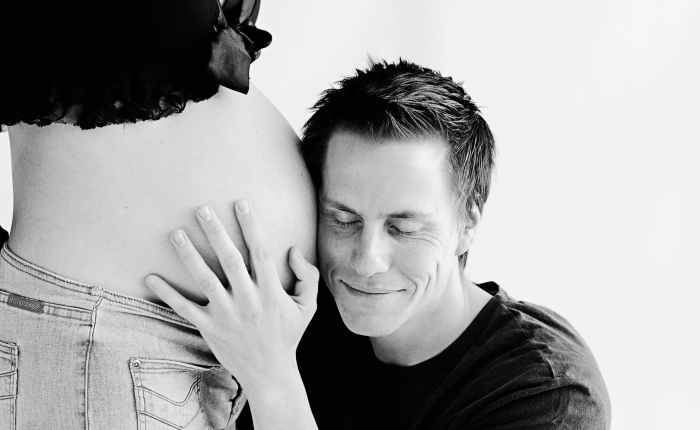What does it mean to love your neighbor? Maybe this will help.
We took lots of trips to West Point, Georgia, when I was a child. Like our current hometown, West Point was small, straddled a big river, and in those days the home of a large textile plant and many farming families. When Dad went to drill with the reserves, we went with Mom to West Point.
On arrival, we had two “must visit” places: Grandmother’s house, my Dad’s Mom, and Grandmama and Granny, my Mom’s mother and grandmother who lived together. All three women were staunch members of 1st Baptist Church, upright, faithful, hard-working women. Grandmother and Grandmama had also suffered much as a result of their marriages. All three loved their three rambunctious grandsons. But the way they loved us was, well, it’s easier to show than tell.
Grandmother always wanted to see us, but you could feel the tension in the grass when you stepped out of the car at her house. She was prickly, agitated, and persnickety. The candy in the crystal bowl on the coffee table was only for display, not for little boys! We ate only at mealtimes, no snacking from the fridge. And she always burned the biscuits. It was hard to please Grandmother and easy to elicit rebukes.
Form-fitting clear plastic with little bumps in it, like sitting on your soccer cleats turned upside down, covered the furniture in Grandmother’s living room. And you didn’t sit on the couch anyway, much less jump on those lovely, firm cushions! You perched on it oh so delicately. Any other approach brought swift scolding.
The whole experience was like that: uncertain, uncomfortable, tight like plastic cushion covers. I tried to stay out of Grandmother’s way and begged Mom to leave as soon as possible.
Grandmama’s house was completely different. Oh, there were rules, but not so many that a boy couldn’t enjoy himself a bit. And the rules were more about who you were than what you did. For instance, we knew we weren’t supposed to use the pea gravel from the driveway as slingshot ammo to shoot at cars from the safety of the shrubbery. Of course, that was wrong. But it wasn’t wrong because of the minimal damage it did to those massive 1950’s & 60’s Detroit machines. It was wrong because the late Nolan Stanley’s great-grandsons should never do something so disrespectful to their neighbors. But I digress.
The minute you stepped out of the car at Grandmama’s, you could feel the love. You walked up the steps, down the long screen porch to the ornate door with the bell in the middle. But we never turned the bell. Just turn the knob, walk right in and race for Granny’s kitchen and the biscuit tin.
Grandmama and Granny’s manner was always calm, dignified, peaceful, quiet, and affectionate. They radiated welcome. They were glad to see us and sorry to see us go. And I never saw them flustered.
Their house was our house. We could wander through the secret closet and push our faces into the real mink stole that still had the heads with glass eyes. Climb the old magnolia out back, hide in the huge camellias out front, use pea gravel from the driveway in our slingshots (at authorized targets like each other), build forts under the tall beds. The kitchen was always open, and the biscuits never burned. If you’d never known it before, you knew what love was when you went to Grandmama’s house.
That’s what the two homes felt like to us. Grandmother told us she loved us. But we couldn’t feel it. All we felt were the restraints.
Grandmama and Granny welcomed us into their world and blessed us with actions, with demeanor, with the whole environment. We knew they loved us because we could feel it.
My friend Stephen Crotts of The Carolina Study Center said recently, “In the 1960s, students wanted to know the topic and the speaker before they would attend a talk or event. In the early 2000’s they wanted to know if the cool people would be there. Today, so many of them are victims of so many traumas that they just want to know if they will be treated kindly.”
Want to spread the gospel and change the world? Love your neighbor.









